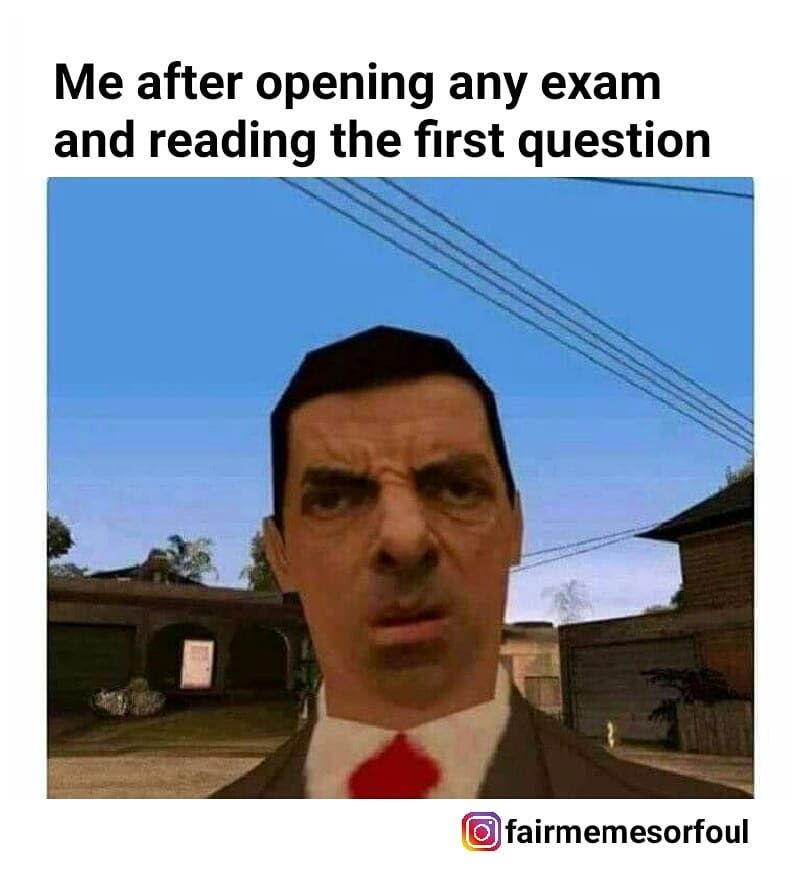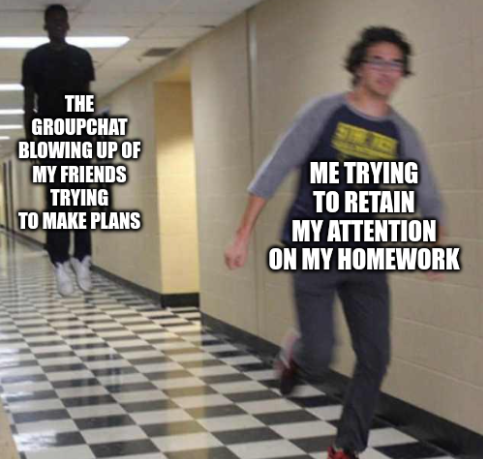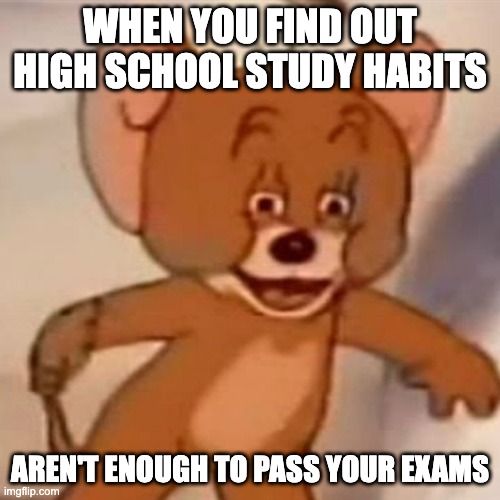By Will Godinez
The use of Dual Coding in essence is using imagery and labeling it with a word which in turn helps you remember the word or the image one sees for the first time, and it should turn into a long-term memory. But how can we use dual coding in our freshman year in college, well depending where you go you may end up taking a class of learning a new language for extracurricular, something fun you may have a trip in mind to go to and you want to learn the language before you head out to that specific country in case the locals or the signs don’t have the language you speak. Would be awful if you get stranded in a country without knowing the language, and what would you do if your phone dies google translate won’t be translating nothing if you can’t speak at least a broken version of the country’s native language. But how does this correlate with learning a language in class or even on your own time.
Continue reading “Dual Coding for Learning new Language”






